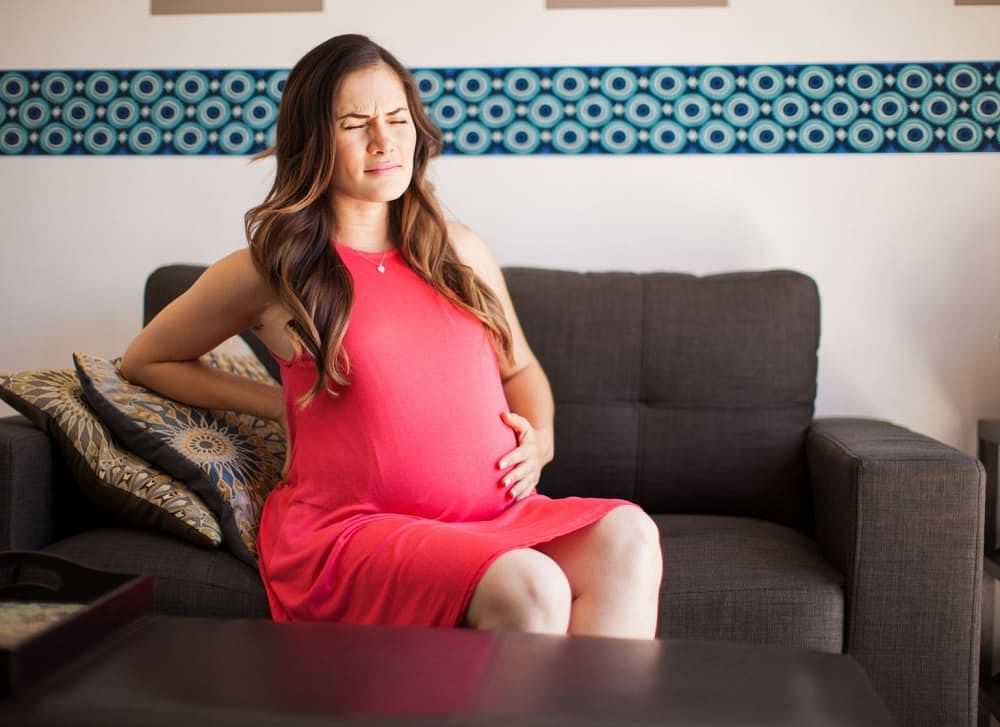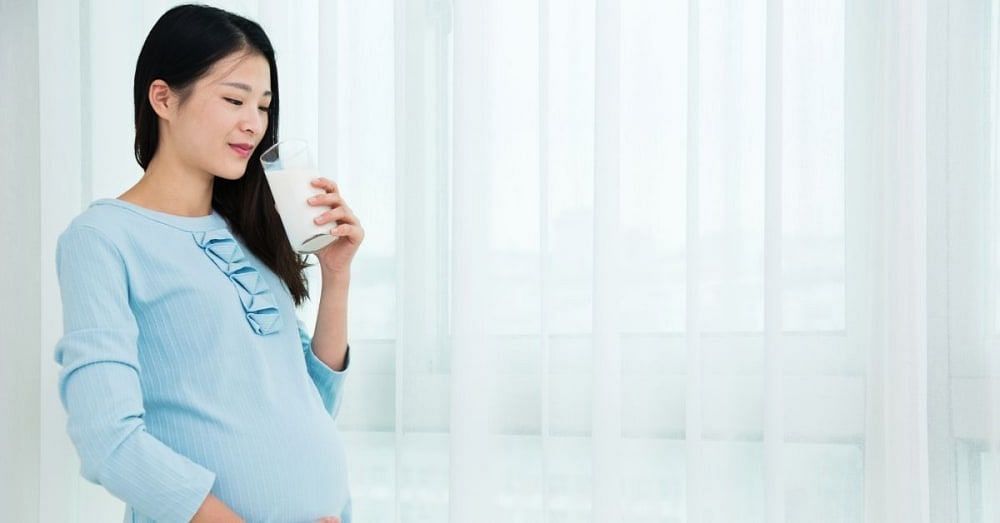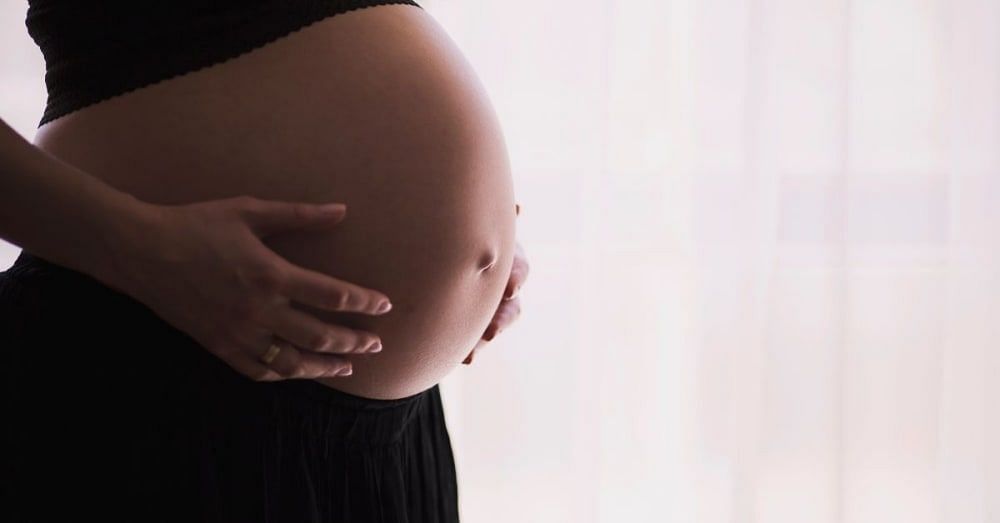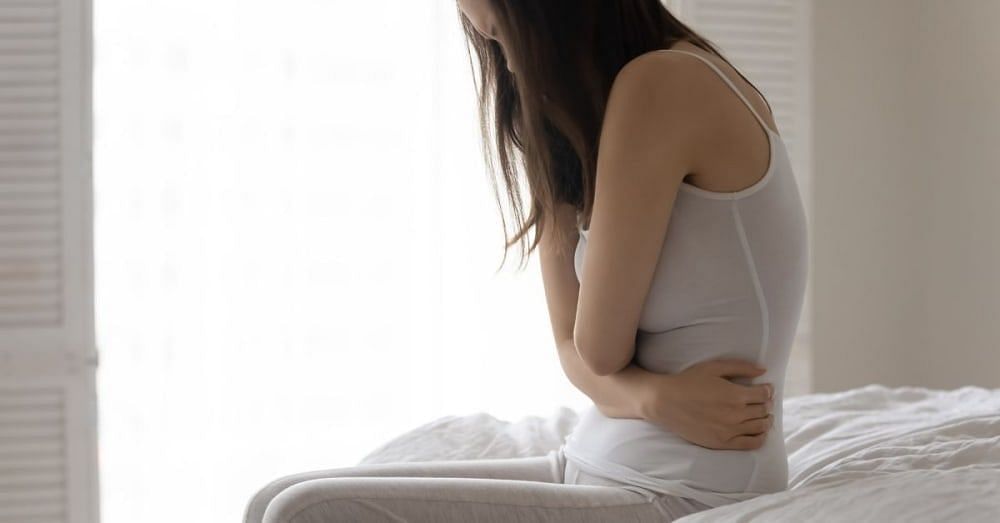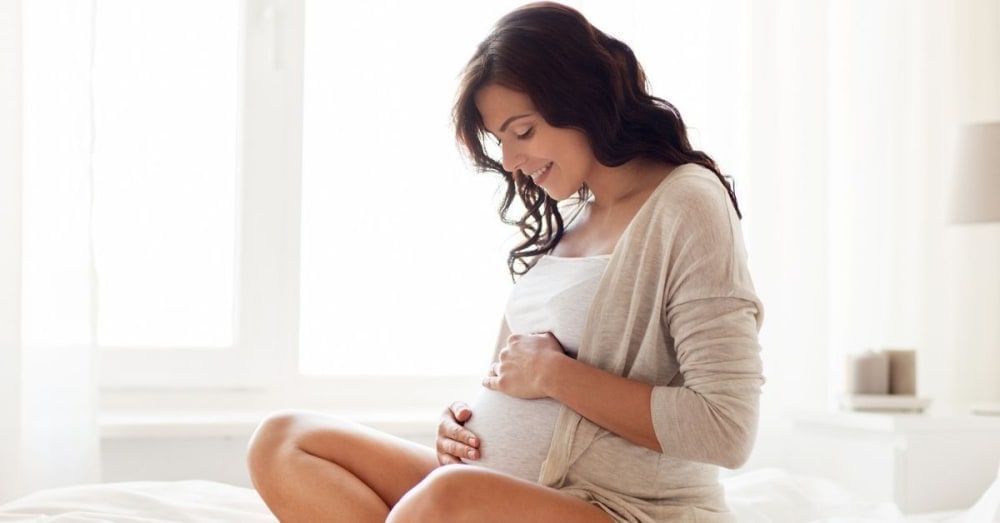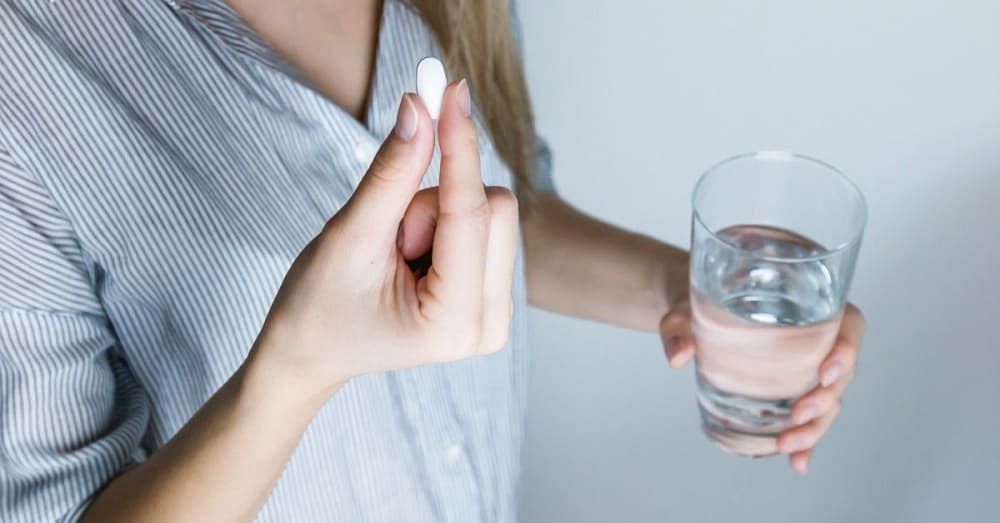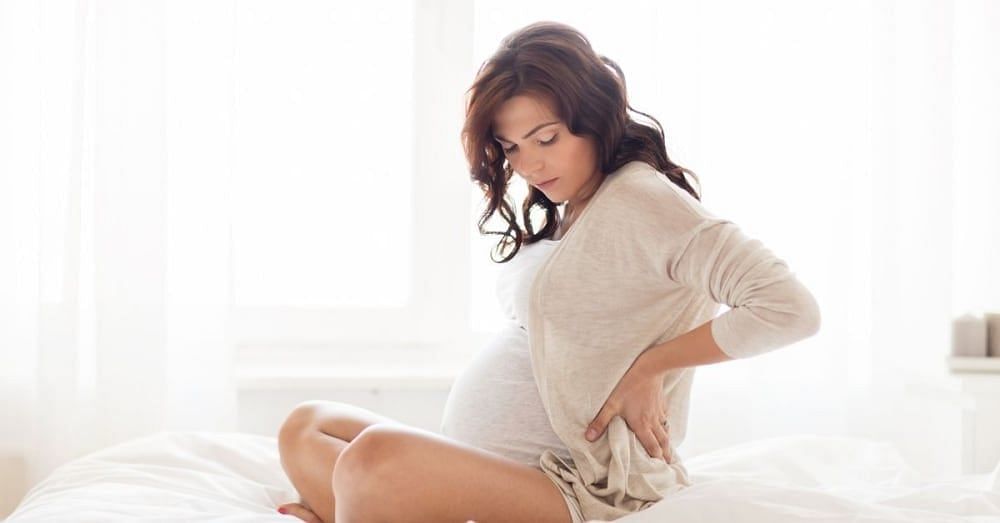Hip Pain During Pregnancy: Is It Normal, Cause & Treatment
During the pregnancy phase, women tend to be vulnerable to pain in the joints, back, lower abdomen and hips. Hip pain is commonly observed in pregnant women. As per studies, nearly 30 to 40 per cent of women experience hip pain during pregnancy. It usually occurs due to the changes in the body posture as the birth giver’s body prepares for the process.
Hip pain during pregnancy is usually observed in the second or third trimesters; however, early onset is also possible. Research suggests that the excess progesterone hormone produced during pregnancy in the body loosen the joints, making them more mobile and prone to injuries.
Furthermore, during pregnancy, the hips play a supporting role for the whole body, especially the lower abdomen. Hence, long periods of standing, body movements and positions often result in acute hip pain in pregnant women.
Causes of Hip Pain During Pregnancy
Hip pain is a common phenomenon during pregnancy. This pain could occur due to a few underlying causes. These known reasons include:
- Increase in weight
- Release of the hormone, relaxin
- Changes in posture
- Improper sleeping position
Let us see the how and the why behind these four causes and their effects.
1. Increase In Weight
To begin with, weight gain is a natural phenomenon that all pregnant women face. This additional weight creates excess load on the hips as well as other parts. As a result, the hip joints and muscles suffer strain, which is felt in the form of pain in the hips.
2. Changes In Posture
Women gain weight around the midsection during pregnancy. This increase in weight causes the centre of gravity to shift, which eventually affects the body’s balance. This causes a posture change in the body, disturbing the natural alignment. It results in pain around the hips.
3. Release of Hormone Relaxin
The hormone relaxin released during pregnancy causes a number of changes in the bones, joints, ligaments and many other areas. The hormone loosens up the cartilage and tendon muscles. This effect is beneficial for the body preparing for birth.
These changes, such as widening hips and stretched ligaments, are typical birth preparatory changes. However, they have the following effects:
- Possible malfunction of the weight-supporting (sacroiliac) joints in the hips.
- Pain in the two thick fibres (round ligaments) that run around the sides of the abdomen, initiating near the pubic region.
- Symphysis pubis dysfunction caused due to separation of the pelvic bones. It affects mobility and functional efficiency.
4. Improper Sleeping Position
Apart from these, your sleeping position too could be a factor for hip pain during early pregnancy. As pregnancy allows for limited sleeping positions, always make sure to sleep in one that doesn’t pressurize your joints.
The side position is the preferred sleeping position by pregnant women. However, if it doesn’t work for you, try sleeping with a pillow between your knees. This helps spread and widen your pelvic muscles, thereby providing comfort.
Also Read: Which Is the Best Direction to Sleep? As Per Vastu & Science
Home Remedies for Hip Pain During Pregnancy
If your pain is intense, consider visiting your gynaecologist and physical therapist. However, you may also try the following home remedies to relieve hip pain during early pregnancy.
1. Yoga
Yoga is known as the most ancient form of therapy. Some light yoga could help manage pregnancy pain by loosening any tight joints. It has a low impact and is gentle on the body. However, avoid intense yoga poses with complex forms during pregnancy. Some poses that could help ease hip and back pain are:
- Cow Pose
- Child’s Pose
- Bound Angle Pose
2. Massage and Warm Baths
Further, massaging some areas around and over your hips could also prove beneficial in easing hip pain during early pregnancy. For baths, make sure you use lukewarm water as the warmth promotes blood flow to the area, helping relieve pain.
How to Prevent Hip Pain in Pregnancy
Hip pain during early pregnancy may be prevented by keeping a few things in check. However, since each individual’s hormones and body postures are different, these preventive measures may not work for everyone.
You can work on managing the causative factors of hip pain during pregnancy, as described below:
- One of the main causes of back and hip pain during pregnancy is weight gain and poor posture. To avoid that, practising low impact exercises, such as cycling, slow swimming, and light walking, could be beneficial.
- Another way to prevent weight gain is to consume the necessary amount of calories. As per studies, a pregnant woman requires around 300 additional calories than the normal intake to sustain and meet the energy requirements.
- Make sure your shoes have good arch support with flat, supportive soles. Using such footwear during pregnancy would reduce the risk of postural misalignment and help manage the shift of the centre of gravity.
- Stay off your feet and get sufficient rest if you experience a significant amount of pain.
- Avoid activities that could cause discomfort, such as lifting heavy objects, crossing legs or standing for extended periods.
- Maintain a good posture when standing, lifting objects and sitting.
- A pregnancy support belt could be quite useful. It helps support the hip joints. This could help pregnant women throughout the day.
- Regular prenatal massages from a licensed and experienced therapist can also prove quite beneficial.
Also Read: Colour of Urine in Early Pregnancy - Bodywise
Conclusion
As the delivery date approaches, the body of a pregnant woman undergoes several changes. These changes are uncomfortable and may be accompanied by different kinds of pain, including hip pain.
Hip pain during pregnancy usually occurs due to improper postural alignment and weight mismanagement. There are a few measures one could take to avoid this pain.
For managing hip pain during early pregnancy, practising a good posture helps. The pain occurs mainly due to the shift of the centre of gravity caused due to the widening of the pelvic muscles for birth. Visiting a therapist for regular massages can help during pregnancy. Shortly after delivery, the pain usually subsides.

